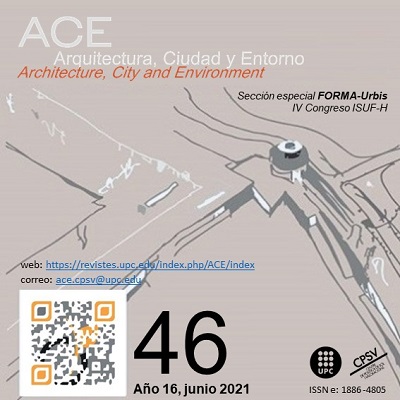Belonging to Place: Interpretative Phenomenological Analysis of Incremental Housing
DOI:
https://doi.org/10.5821/ace.16.46.9706Keywords:
Martin Heidegger, dwelling, elemental, Villa Verde housing project, customisationAbstract
Incremental housing, supported by governmental funding, signifies a solution for low-income households, allowing them to self-manage the process of customising unfinished units. This article uses interpretative phenomenological analysis to examine the households’ belonging to their incremental house. The aim is to argue that there is room for theorising incremental housing, which adds insight to the importance of gathering in a place without oversimplifying the diversity of building and living responsibilities held by the residents. The author uses Martin Heidegger’s idea of dwelling to examine the entwined notion of building and inhabiting an incremental house. The underlying reason behind using Heidegger’s work is his interpretation of a dwelling, which he sees as a continuing process of building a house. The hypothesis holds that households’ efforts to complete the unfinished house cultivates the sense of gathering family members for increasing their sense of belonging to the place. This belonging is understood in relationship with the occupants’ routine, such as the physical and social organisation of the building process, which transcends social hindrance present in low-income neighbourhoods.
Published
Issue
Section
License
| INTELECTUAL PROTECTION CRITERIA |
At this moment, it is count with the "Oficina Española de Patentes y Marcas", while global protection it is being processed by the World Intelectual Property Organization (OMPI/WIPO). Nevertheless the International Standard Serial Number Office (ISSN) has given the following numbers ISSN: 1886-4805 (electronic version) and 1887-7052 (paper version). All articles will be peer reviewed, using double blind reviewing. |
| COPYRIGHT |
The article contents and their comments are authors exclusive liability, and do not reflect necessarily the journal editor commitee's opinion. All ACE published works are subject to the following licence CC BY-NC-ND 3.0 ES http://creativecommons.org/licenses/by-nc-nd/3.0/es/ It implies that authors do not hold nor retain the copyright without restrictions but only those included in the licence. |





































